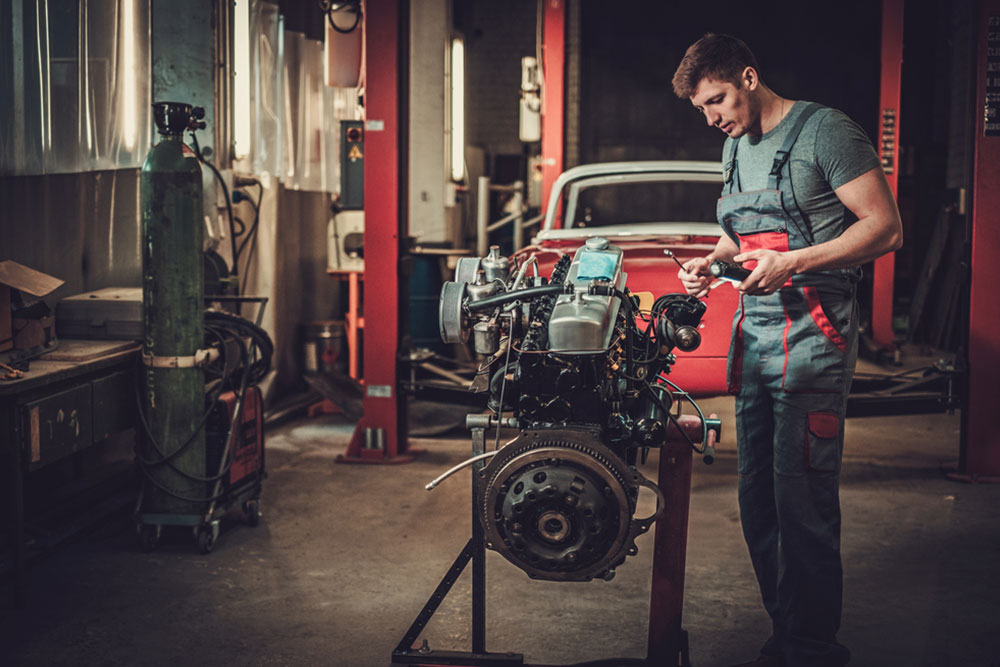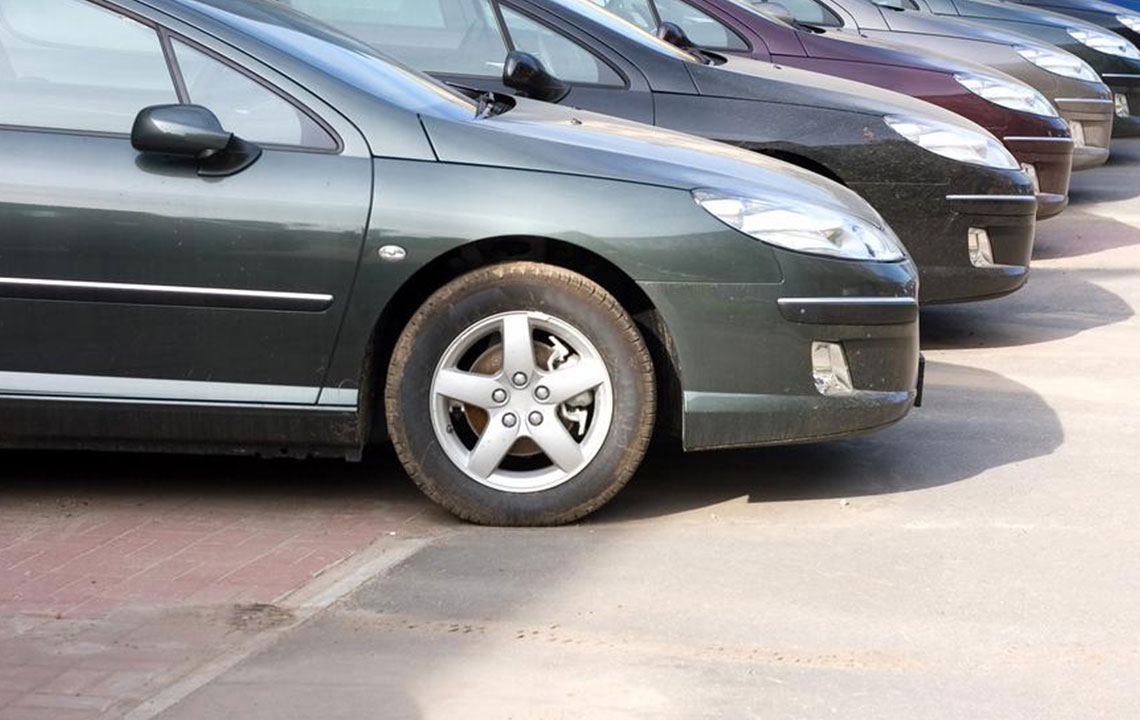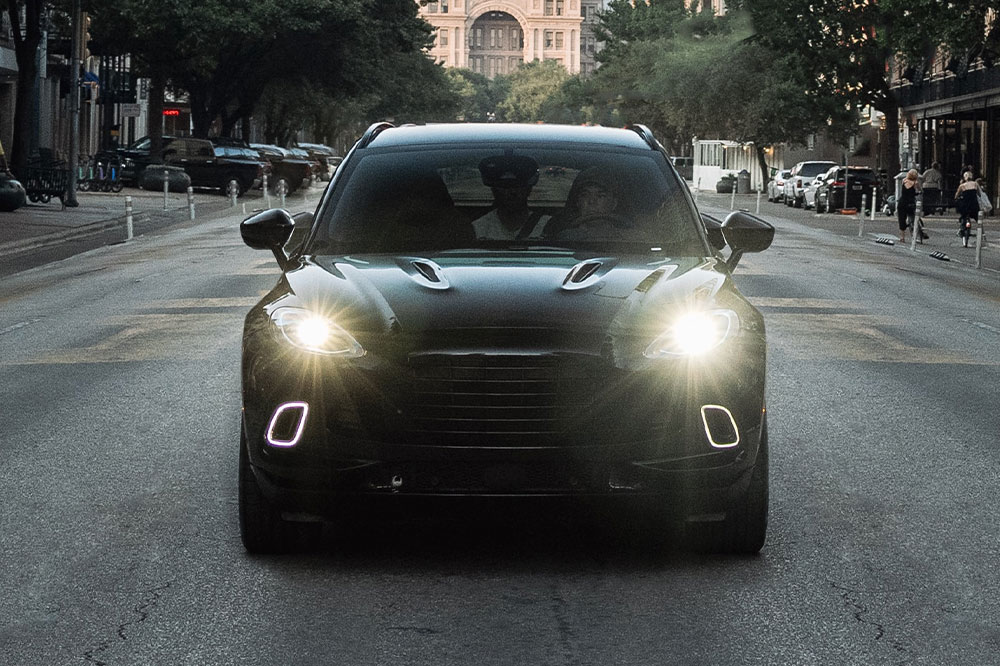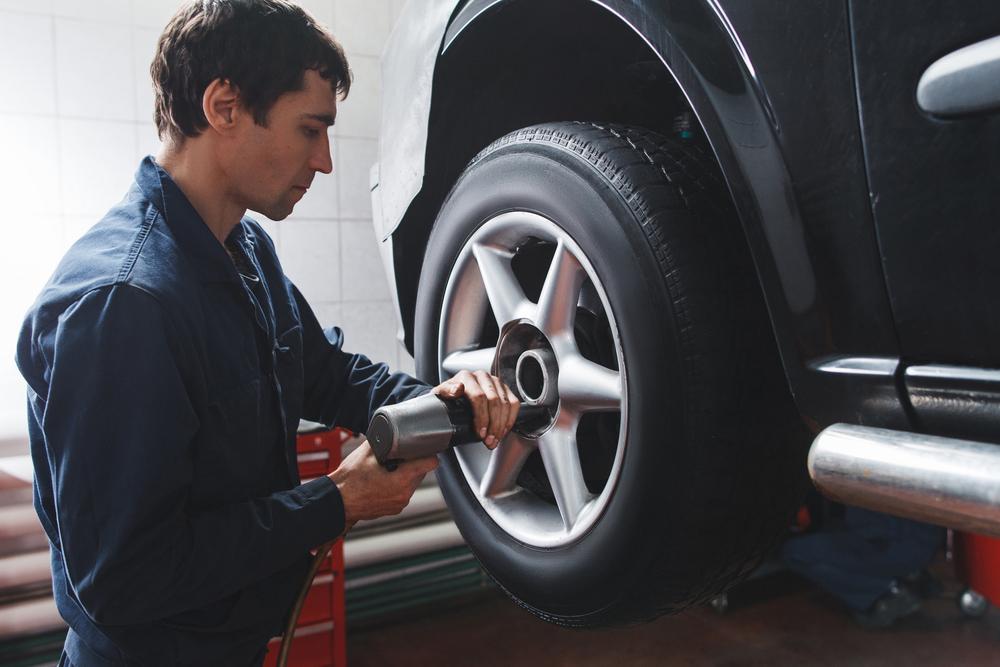Comprehensive Guide to Different Types of Car Engines for Better Vehicle Choices
Discover the main types of car engines, including inline, V, W, and OPOC designs. Learn how each configuration influences vehicle performance, design, and maintenance. This guide helps you make informed automotive choices, whether buying or maintaining your vehicle. Explore the advantages of each engine type and stay updated with evolving automotive technology for better driving efficiency and power.
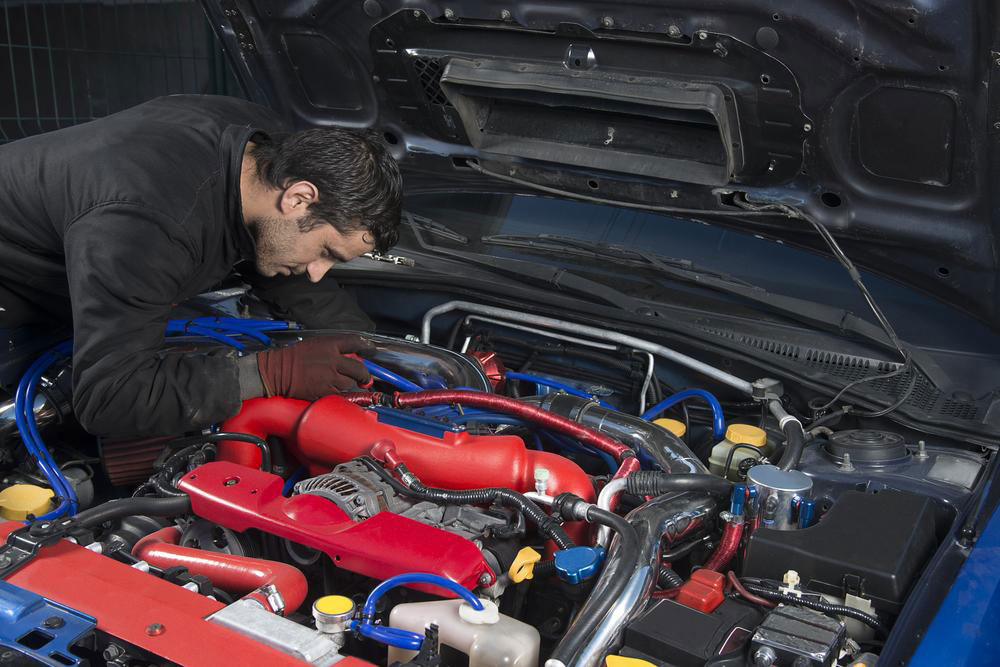
Exploring the Main Types of Car Engines and Their Characteristics
Have you ever pondered the intricate workings beneath the hood of a vehicle? The engine, often regarded as the heart of a car, is a marvel of engineering that transforms fuel into motion. For car enthusiasts, potential buyers, or anyone interested in automotive technology, understanding the different types of car engines is crucial. This knowledge not only enriches your appreciation of vehicles but also helps make informed purchasing decisions, maintenance choices, and understanding of vehicle performance. In this comprehensive guide, we delve into the primary engine configurations used in automobiles today, exploring their designs, advantages, and typical applications.
Inline Engine: The Classic Choice – The inline engine features cylinders arranged in a single, straight line along the crankshaft. This straightforward design is renowned for its simplicity, reliability, and efficiency. You’ll find inline engines in a myriad of vehicles, from compact hatchbacks to mid-sized sedans. Their compact shape makes them easier to manufacture and maintain, contributing to their widespread use. Additionally, the inline configuration typically provides good balance and smooth operation, making it a preferred choice for manufacturers aiming for durability and efficiency.
V-Configuration Engines: Compact Powerhouses – Unlike inline engines, V engines arrange cylinders in two banks, forming a V shape. This layout allows for a more compact engine size, which is extremely beneficial for designing lighter and shorter engines. V engines are especially popular in performance cars and larger vehicles where space savings and power output are vital. Their configuration helps reduce the overall length of the engine, which can improve vehicle handling and weight distribution. The V design also facilitates better airflow and cooling, enhancing overall performance and efficiency.
W-Engines: Engineering Marvels with High Power Output – W engines are a specialized type of V engine but with a more complex cylinder arrangement. Developed by automotive manufacturers like Volkswagen, the W engine features cylinders packed tightly in a W shape, allowing greater power generation within a shorter engine block. Notable examples include the Bugatti Veyron and Bentley Mulsanne, which utilize W engines to achieve extraordinary performance. The W configuration combines the benefits of a V engine with even more compactness and efficiency, making it ideal for high-performance and luxury vehicles requiring elevated power levels.
Opposed-Piston Opposed-Cylinder (OPOC) Engines: Innovative and Efficient – The OPOC engine is a relatively new and innovative design that offers remarkable advantages. With cylinders positioned opposed to each other, this engine type eliminates traditional valves, reducing complexity, weight, and friction. The OPOC design allows for a compact, lightweight engine that produces high power outputs with less intake resistance and lower bearing loads. As a result, OPOC engines are increasingly considered for future applications across various vehicle types, promising better fuel economy and performance. Their design also supports high power-to-weight ratios, making them suitable for both passenger vehicles and specialized applications such as military or aerospace engines.
Understanding the intricacies of engine types is essential for assessing vehicle performance, efficiency, and maintenance requirements. Whether you're considering purchasing a new car or maintaining your existing vehicle, consulting with automotive professionals can provide clarity specific to your needs. Selecting the right engine type impacts your driving experience, costs, and vehicle longevity. The continuous evolution of engine technology promises more efficient, powerful, and eco-friendly options in the years to come, making it an exciting time for automotive enthusiasts and consumers alike.
